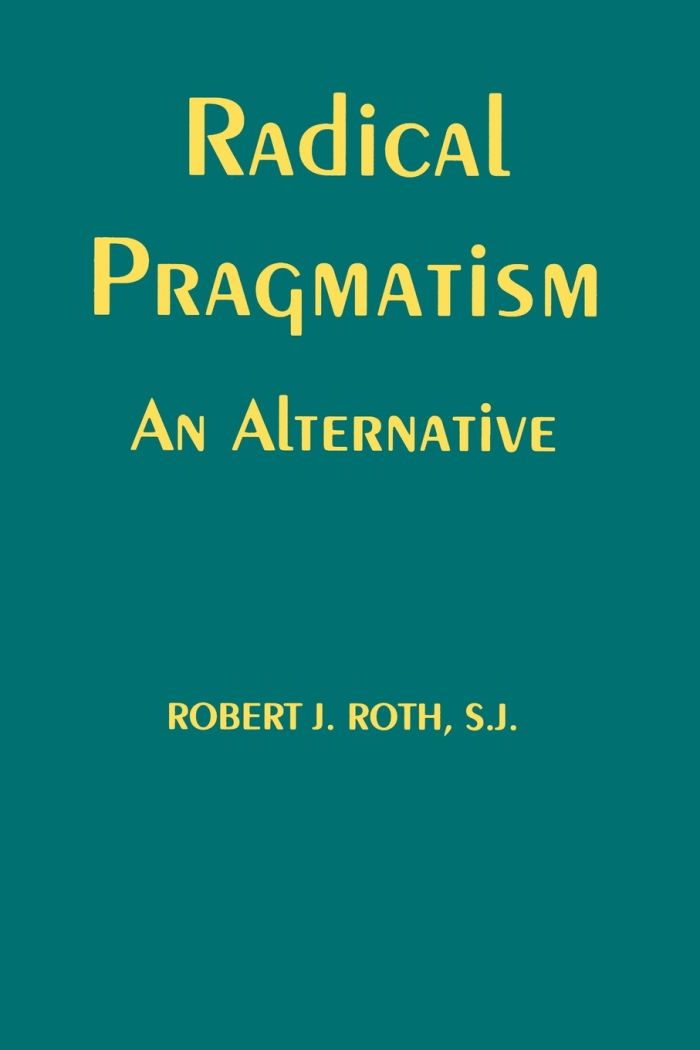Radical Pragmatism
An Alternative

This book can be opened with

Roth (emeritus, Fordham Univ.) examines the work of the classical pragmatists (Peirce, James, and Dewey), and of the biologist and priest Pierre Teilhard de Chardin, on evolution and the relation between science and religion. Roth maintains that there are gaps in classical pragmatism that are best filled with a spiritual explanation. For example, Peirce, James, and Dewey stressed that useful scientific hypotheses are much more than generalizations from the facts, yet they had little to say about how hypotheses are generated. Roth focuses on recent interpretations of Teilhard de Chardin's The Phenomenon of Man (1955). Unsatisfied with vague appeals to "flashes of insight" or creative genius, Roth (following Teilhard de Chardin) sees the work of a transcendent being: "The soul, though radically discontinuous with biological evolution, is involved in its continuous process, in the whole phenomenon." The view is a contemporary version of ancient appeals to divine inspiration (e.g., Plato's Iona). Skeptics will respond that nothing is gained by explaining one mystery by another. However, even skeptics will find it illuminating to review central passages in Peirce, James, and Dewey from an explicitly religious perspective. General readers; undergraduate and graduate students.——Choice

